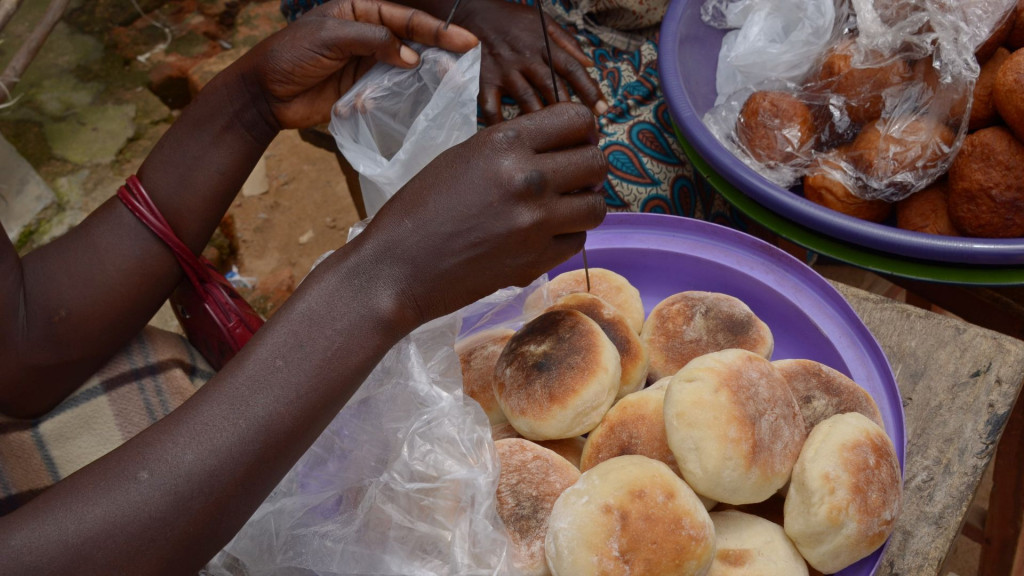FoodLAND rural women’s picture in the International Rural Women’s Day

In the framework of International Rural Women’s Day, celebrated on 15 October, FoodLAND joins the aim of making rural women’s situation visible. In our case, we are sharing some significant data extracted from the surveys made with rural women consumers between November 2022 and April 2023.
More than 2,500 women were surveyed in the five African countries that participated in this piece of research, about 500 in the area of one Food Hub in each country: Kitui Food Hub in Kenya, Beni Mellal in Morocco, Mvomero/Morogoro in Tanzania, Jendouba n Tunisia and Kamuli in Uganda.
Women participate in most of the decisions: most decisions are taken jointly by them and other household members. Care-related issues such as what to eat are primarily taken by women (47% responded that they decide what the household eats), while financial matters are more often taken jointly or by another household member. Whether the household should take a loan is the type of decision in which women were less involved (7,21 %). Overall, over 70% are happy or extremely happy about their role in decision-making.
Women’s participation in local groups is very low: 80% of interviewed women do not participate in any type of local groups or cooperatives, with a clear exception being women from Kenyan rural Food Hubs, where 50% of the women who replied to the survey participate in cooperatives and other mutual/self groups.
In view of the results obtained in the surveys, the FoodLAND gender advisors consider that “rural communities in the Food Hubs could benefit from capacity building and general training on gender issues, and how it affects their everyday life. There seems to be a stronger sense of gender awareness in Tunisia, but it is difficult to get concluding statements on the other four countries”. Besides, they conclude that “the data collected is extremely heterogenous when analysed at cross-country level. In Morocco and Uganda, unpaid domestic chores and care work seem to take most of the women’s work burden, while in Kenya and Tanzania, women seem to spend more time on paid work in and out of the household. Women in Tunisia seem to have the biggest workload (paid and unpaid) with almost 15 hours by day spent on both paid and unpaid chores”.
Share on Facebook Share on Twitter Share on Pinterest